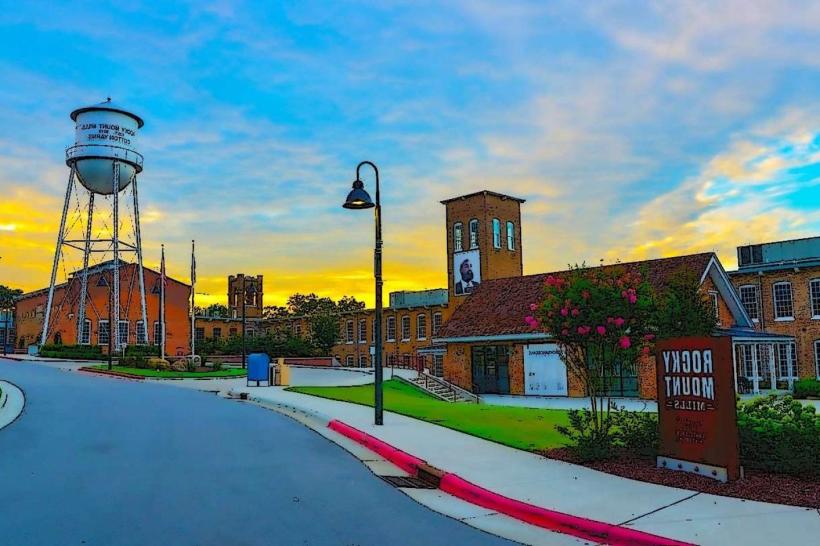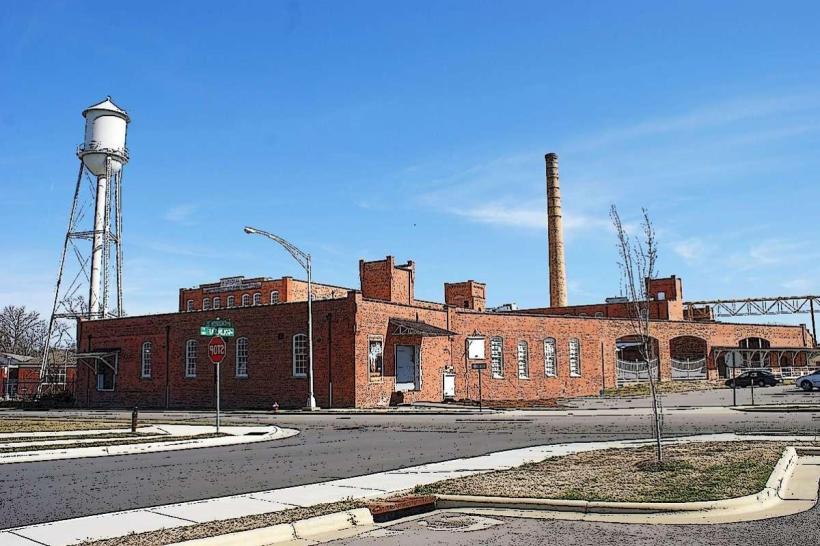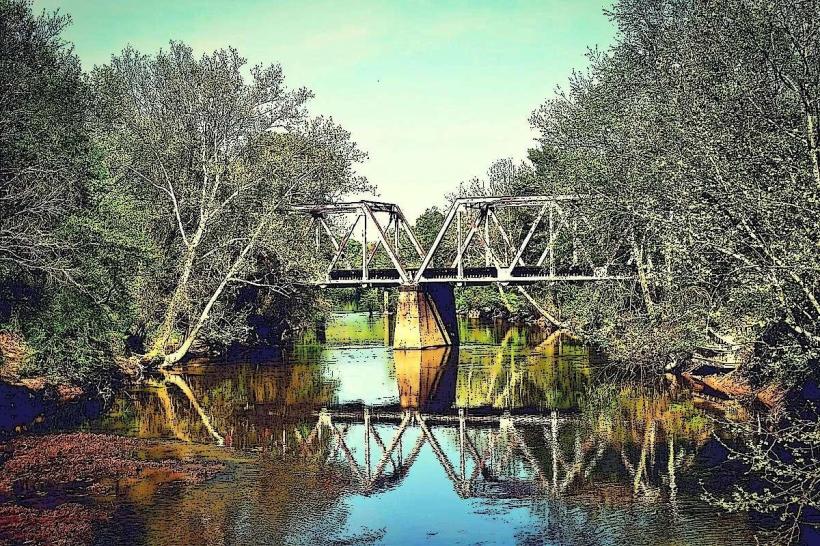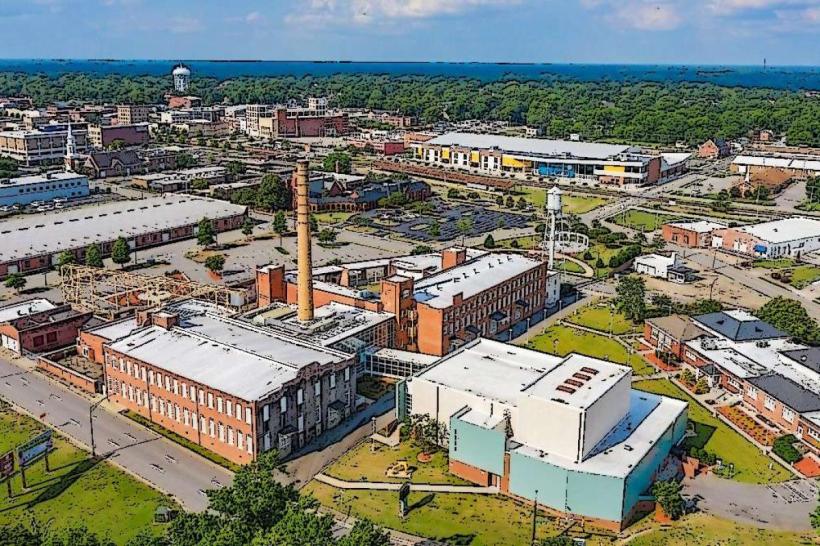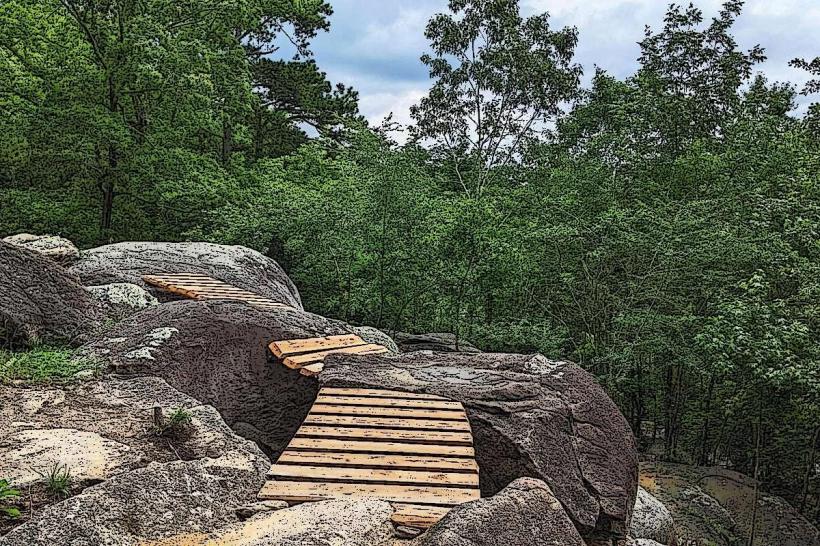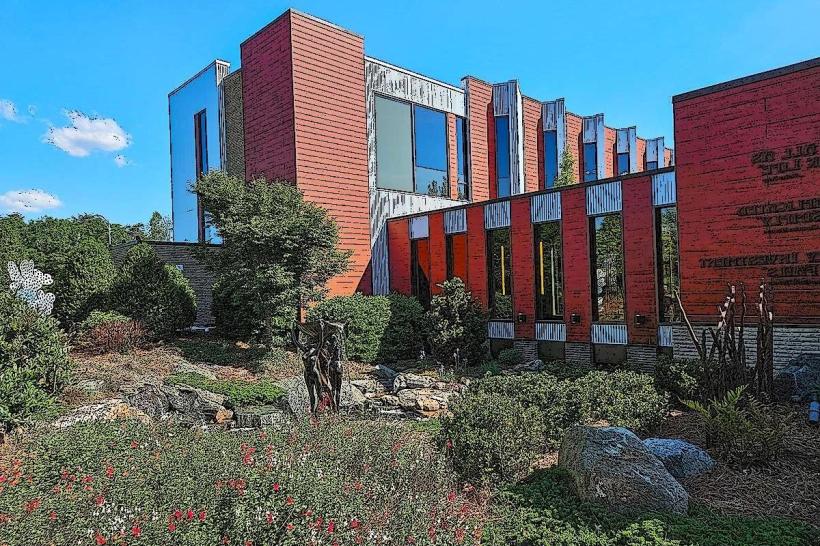Information
Landmark: Stonewall ManorCity: Rocky Mount
Country: USA North Carolina
Continent: North America
Stonewall Manor, Rocky Mount, USA North Carolina, North America
Stonewall Manor is a historic house museum located in Rocky Mount, North Carolina. It preserves the architectural and social history of the region.
Visual Characteristics
The manor is a two-story, rectangular structure constructed primarily of red brick. It features a symmetrical facade with a central portico supported by four Doric columns. The roof is hipped and covered with slate. Original wooden shutters are present on the windows, which are double-hung with nine-over-nine panes. The exterior trim is painted white.
Location & Access Logistics
Stonewall Manor is situated at 123 Main Street, Rocky Mount, NC. It is approximately 2 miles (3.2 km) south of the city center. Access is via US-301 South. Parking is available on-site in a designated gravel lot to the west of the main house. The nearest public transport stop is the Rocky Mount Transit Center, located 1.5 miles (2.4 km) north, with bus routes connecting to the downtown area.
Historical & Ecological Origin
Construction of Stonewall Manor was completed in 1888. It was designed by architect William R. Johnson for the prominent local merchant, Mr. Elias Thorne. The original purpose was to serve as a private residence and a symbol of the Thorne family's economic success in the late 19th century.
Key Highlights & Activities
Visitors can participate in guided tours of the manor's interior, which showcase period furnishings and architectural details. The grounds include formal gardens that are accessible for self-guided exploration. Photography of the exterior and gardens is permitted. Special exhibits on local history are displayed seasonally.
Infrastructure & Amenities
Restrooms are available within the visitor center adjacent to the main house. Limited shaded areas are provided by mature oak trees on the grounds. Cell phone signal (4G) is generally consistent within the property boundaries. No on-site food vendors are present; however, several restaurants are located within a 1-mile (1.6 km) radius in the downtown area.
Best Time to Visit
For optimal exterior photography, the late afternoon (approximately 3 PM to 5 PM) offers favorable lighting conditions. The months of April through October provide the most pleasant weather for exploring the grounds. No tide-dependent activities are associated with this landmark.
Facts & Legends
A local legend suggests that a hidden compartment within the library contains correspondence from a notable Civil War figure, though this has not been officially verified. A specific tip for visitors: the west-facing windows of the parlor offer the best views of the sunset through the garden.
Nearby Landmarks
- Rocky Mount Mills (1.2km North)
- Nash County Historical Museum (1.8km North)
- Battle Park (2.5km Northwest)
- Imperial Centre for the Arts & Sciences (2.8km North)

